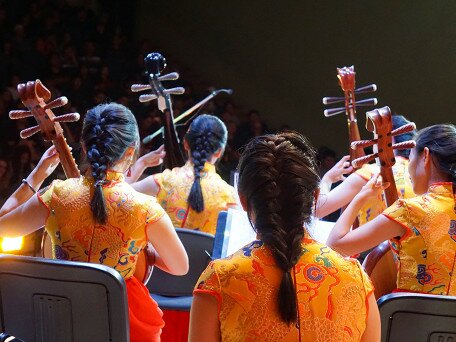A Multi-disciplinary Study of the Multiverse Hypothesis
- Project Scheme:
- General Research Fund
- Project Year:
- 2021/2022
- Project Leader:
- Dr CHAN, Man Ho
- (Department of Science and Environmental Studies)

Recent research in science indicates that we are living in a fine-tuned universe with a finite history. Only a very small range of universal fundamental constants in physics is congenial for life to exist. Questions have been raised about the origin of our universe and the explanation of fine-tuning.
Many cosmologists have tried and are trying to propose models to solve these big questions. In particular, the existence of multiverses has been deemed to be able to solve both problems. However, this idea is also very controversial and has been criticized by many scholars in different disciplines. Discussion about multiverses is very important because it relates to the origin of our universe and whether our universe is the only universe. It also challenges the special status of human beings in our universe. Recently, the multiverse hypothesis has been widely discussed by well-known scientists, such as Stephen Hawking, in their popular science books. Nevertheless, it is not yet a standard theory in physics and such a grandiose claim in popular science books may give the wrong impression to the general public. However, most previous studies about the multiverse are narrow in perspective. The discussions and arguments are fragmented and based solely on either science or philosophy. Furthermore, the multiverse hypothesis is also closely related to the creation of our universe or the design argument in religious studies. This may increase the tension between science and religion. Therefore, it is very important and timely to have a holistic and systematic study to bridge these three different disciplines and to integrate diverse discussions. In this project, we will develop a theoretical framework by using two analytic tools in the philosophy of science – “a rational reconstruction of the history of science” and “the inference to the best explanation” – to evaluate the multiverse hypothesis. These analytic tools are compatible with science, philosophy and religious studies for evaluation and can thus form a theoretical common ground for this multi-disciplinary study. We expect to be able to provide more in-depth discussions of and new insights for this topic. We also aim to promote this kind of multi-disciplinary research in Hong Kong and attract more scholars to engage in this intriguing study.








